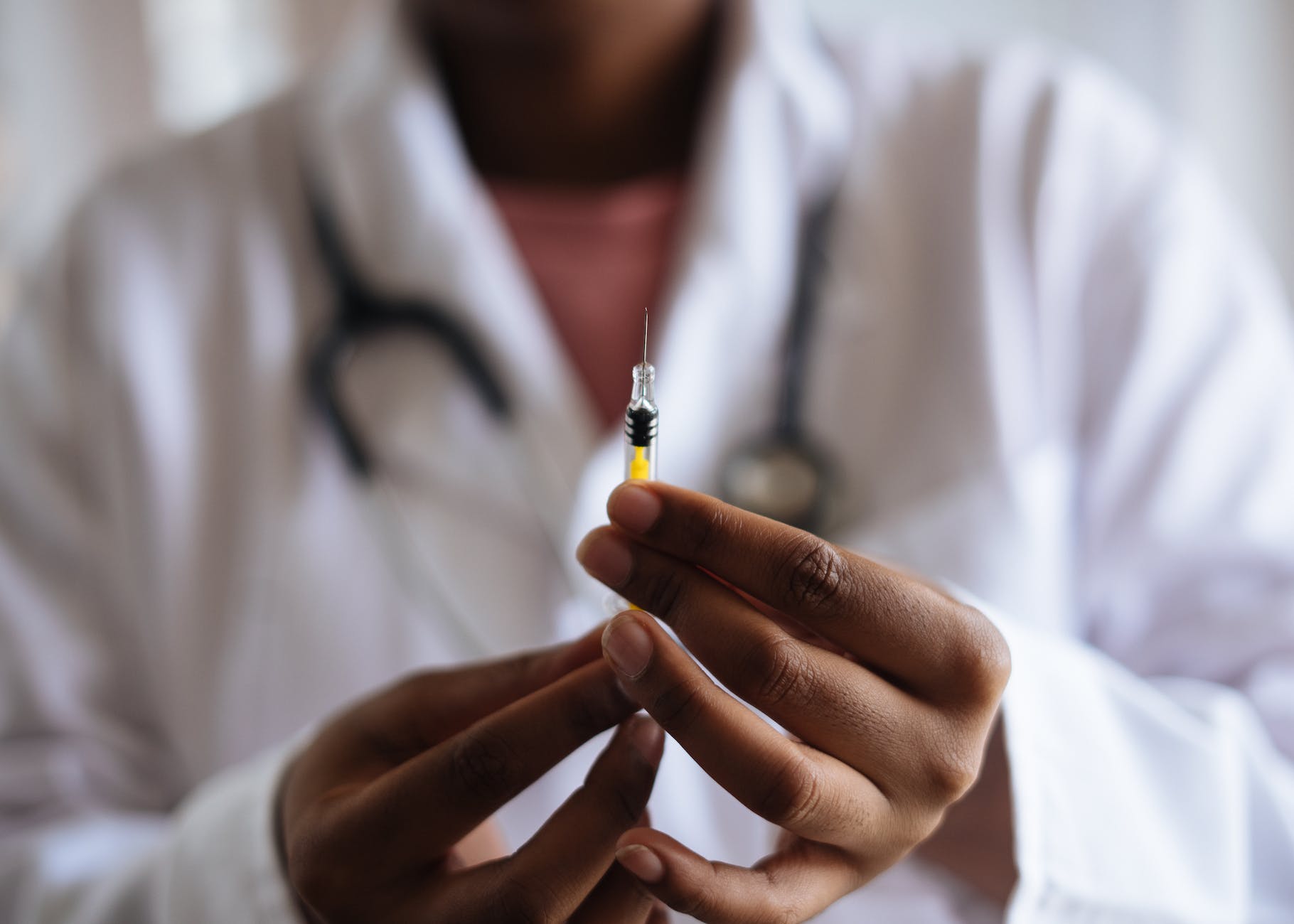Biomimetic peptides can no longer treat the symptoms but directly the cause of the imbalance by reviving the cellular metabolism. We take stock with a doctor of this new revolution in aesthetic medicine.
Biomimetic peptides: what are they?
Peptides are proteins made up of amino acids that our body uses to repair, protect or regenerate cells. For example, when elastin or collagen in the skin is damaged, the peptides tell the skin tissue to produce more.
A young body naturally produces these peptides at the right time. But over time and oxidation linked to the environment, these chemical messengers slow down their activity and the body struggles to regenerate.
The researchers came up with the idea of using the properties of peptides to reverse the aging process in the heart of the cell. To do this, they produced “biomimetic peptides” in the laboratory, synthetic products that mimic the repair mechanisms of native cells.
Cosmeceuticals
The cosmetic industries were the first to understand the interest of biomimetic peptides. They have created products incorporating these substances capable of maintaining or restoring the good physiological state of the skin, hence their name “cosmeceuticals”.
In the field of anti-aging, peptides are generally grouped into 4 categories:
Enzyme inhibitor peptides: Directly or indirectly inhibit an enzyme linked to the anti-aging process.
Peptides that inhibit neurotransmitters: Decrease the contraction of facial muscles, and therefore the appearance of wrinkles.
Signal peptides: Trigger a function directly by binding to the receptor by stimulating the production of collagen by fibroblasts, the proliferation of elastin, glycosaminoglycans, proteoglycans and fibronectin.
Carrier peptides: Facilitate the passage of trace elements such as copper through the skin, necessary for enzymatic processes and healing.
This innovative path has been followed by Skinceuticals and Universkin laboratories, whose products we offer at the Clinique des Champs-Elysées. They offer a range of treatments that precisely target the skin’s needs while rebalancing its natural defences.

Injectable peptides
Creams or serums have difficulty penetrating the skin barrier and act on the surface. This is why the Korean laboratory Caregen had the idea of developing a range of non-crosslinked hyaluronic acid allowing the prolonged release of biomimetic peptides with simple intradermal injections.
Preparations with high concentrations, reserved for aesthetic medicine and which have a much deeper action than “cosmeceuticals”. A unique patent, which has received approval from the rigorous Food and Drug Administration (FDA), the agency responsible in the United States for the safety of food and drugs.
Injectable peptides are used in three areas:

Hair regrowth
Peptides provide a real answer to hair loss. In intensive treatment, to act on the reconstruction of the scalp, regulate hair loss and promote regrowth, we do one session every two weeks for eight weeks, then one session per month for three months.
Burn fat (including bags under the eyes)
The peptides trigger a natural process of lipolysis (destocking of fat) in the adipocytes of fatty tissue, without cell destruction. Clearly, we make our storage cells thinner, but we don’t destroy them. The product is injected into the subcutaneous layer and is also intended for people who have pockets of fat under their eyes. We do four sessions two weeks apart.
Erase dark spots
Peptides are therefore the first depigmenting injectable product that can lighten melasmas, lentigos, etc. Two to three sessions at two-week intervals, to be renewed if necessary.
Injectable peptides represent a new step in regenerative aesthetic medicine with a technology that seems as promising in the treatment of the skin as growth factors.
